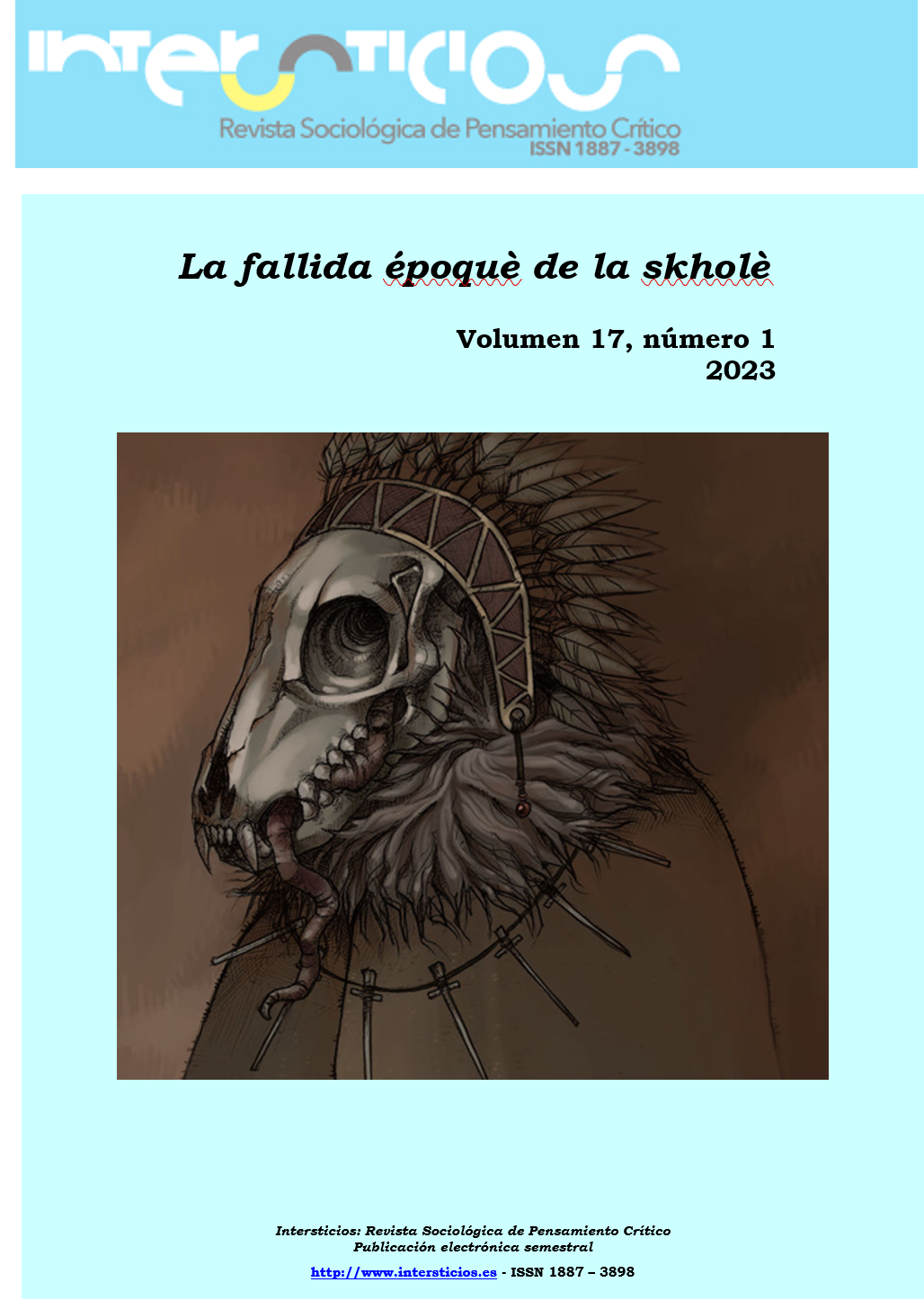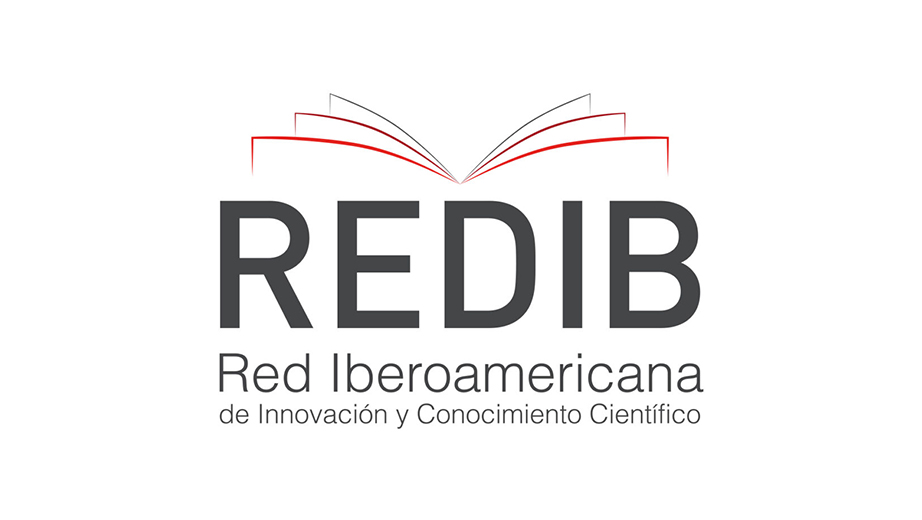Community rhetoric in a world without community
control strategies in the COVI-19 scenario
Keywords:
Pandemic, modernity, community, imaginary, power, StateAbstract
The work aims to tackle the decoding of new strategies of social control visualized as a consequence of the measures put into operation by the representative bodies of the States in the management of the COVID-19 in relation to the use of a false community rhetoric by the leaders politicians in charge of such management. To do this, he begins by clarifying the genuine anthropological meaning treasured in the word community, in the communitas. Then he faces an analysis of its vicissitudes derived from the crystallization of a modernity governed by the deployment of the capitalist economic system in European latitudes. It pays special attention to how, once the pre-modern community forms had been dismantled, the State sought to establish itself as the univocal representative of the community, favoring an identification of community and State that would empty any attempt at an alternative community of value. The purpose of the work is to show how, in the context of the crisis caused by the pandemic, political leaders, as holders of legitimacy of an authority delegated by the State, have appealed to the recourse to an imaginary of the community to prop up an emotional communion in a climate of general uncertainty and regret, in order to underpin a formula of control over any sign of dissent and, likewise, to encourage the appearance of scapegoats, presented as those lacking a commitment to solidarity with a fetishized community.









